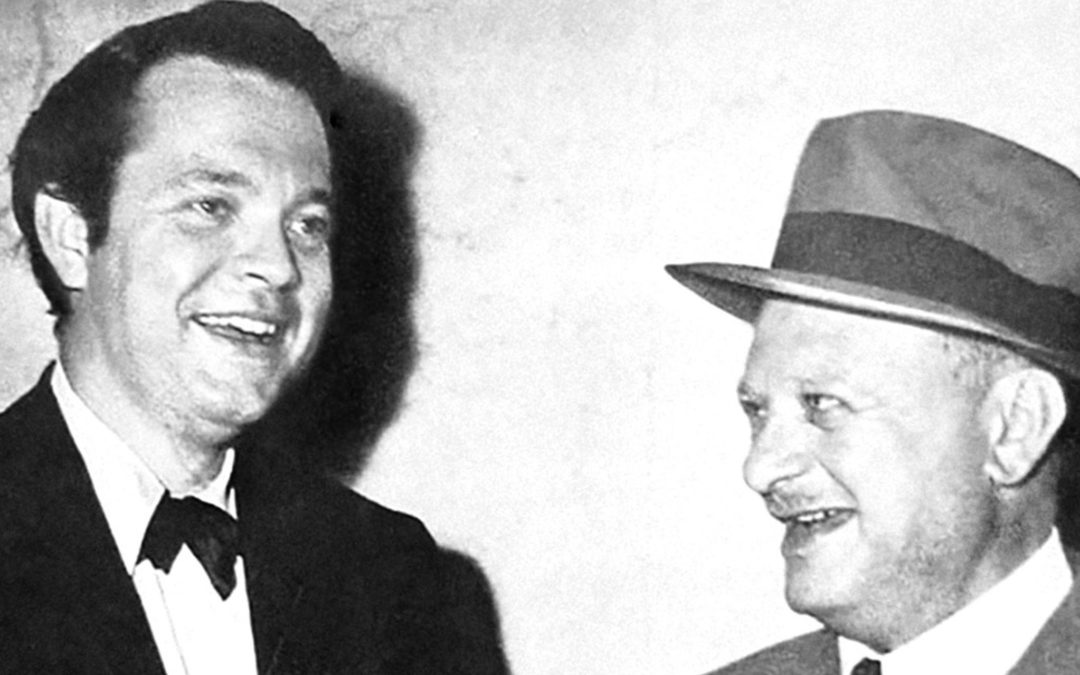One episode of a long-running PBS documentary series called American Masters, this 90-minute film shows why people love public television.

It’s an absolutely riveting piece of entertainment about how two larger-than-life figures – former child prodigy Orson Welles, a 24-year-old given a dream filmmaking contract with complete creative control, and newspaper magnate William Randolph Hearst, an elderly former trust fund baby who used his wealth to become one of the world’s most powerful men – and their epic collision.
The documentary is entirely in black and white, as all the visuals come from videos and pictures from the period. That helps you feel transported to the time, and like you’re amid the drama.
The movie’s central thesis is that neither man was ever the same after the war (“Battle” isn’t a strong enough word) in which Hearst tried to keep Citizen Kane from release and Welles wouldn’t give up on his masterpiece.
I feel we should make clear Welles was hit much harder than Hearst. Hearst was already nearing the end of his life, and, while this documentary talks about how his aura and credibility were gone due to this movie that laid his life bare and his inability to stop its release, money talks. The real issue was that he himself had spent far beyond even his incredibly lavish means over the years and was broke. RKO 281 really showed us the importance of that.
Welles, on the other hand, was only in his mid-20s and just starting what was showing potential to be the greatest filmmaking career in all of history. However, the drama caused by his audacious debut made studios no longer want to deal with him. Even though he was still supposed to have full creative control for his second movie, The Magnificent Ambersons, the studio that produced it and Citizen Kane, RKO, still threw half the footage into the ocean, never to be seen.

What could have been…
Welles spent the rest of his career taking whatever acting roles he could to self-finance whatever movies possible. The fact that he still made some classics and some other great movies is really a testament to his transcendent talent.
You know what though – I’d say Welles won the war. Whatever damage it may have caused the rest of his career, he ended up with what is still considered by many critics as the greatest movie of all time. Hearst only lost because of Citizen Kane, while you could easily argue Welles gained. The boy wonder got the last laugh.
What matters as far as this documentary goes is watching the struggle unfold – and it’s so engrossing!
Bottom Line: Such a great way to edify!
%

Recent Comments